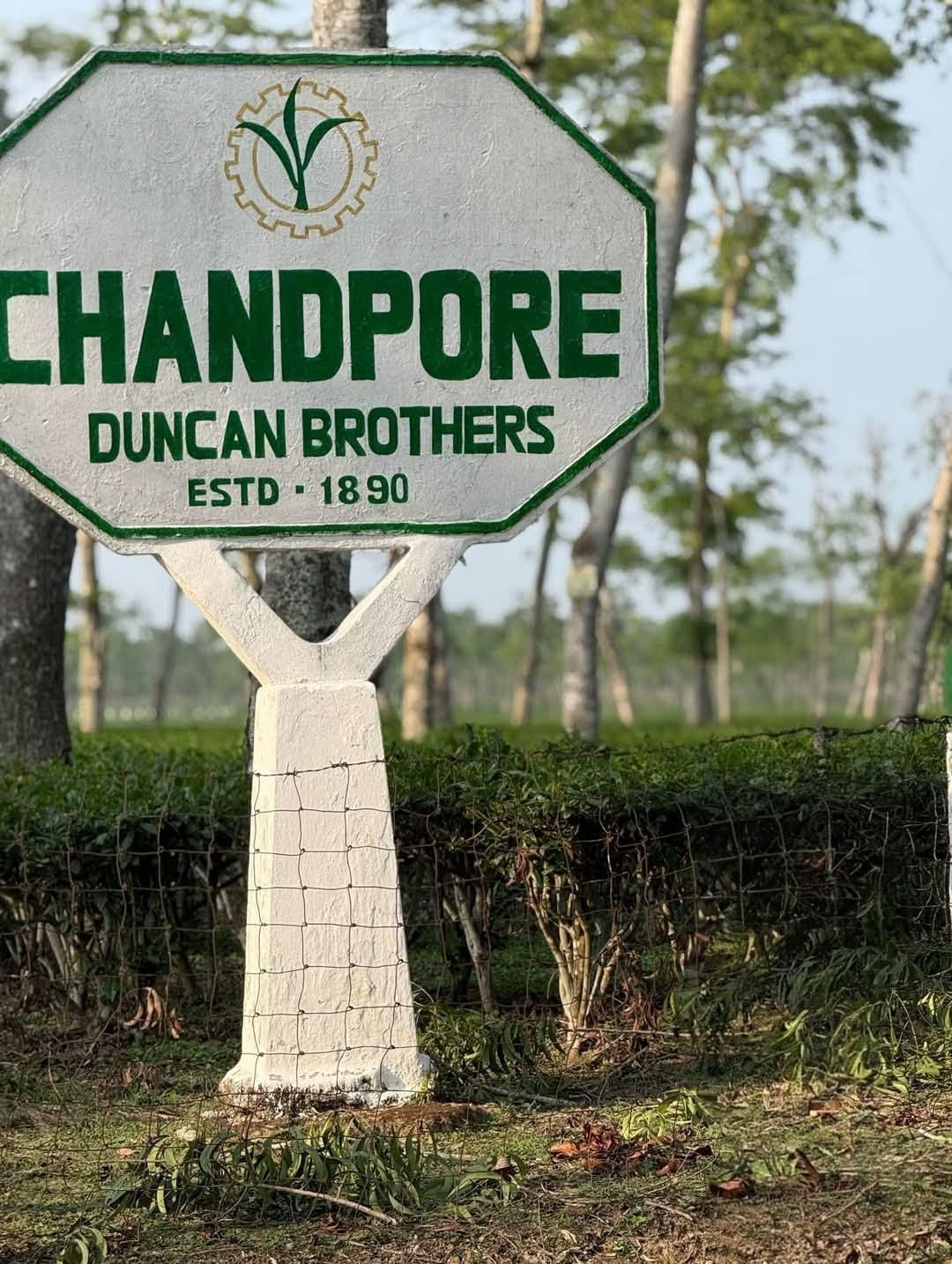Published: 12:05 PM, 14 August 2025
Duncan Brothers in Bangladesh: A Legacy of Tea and Transformation

Sangram Datta: Duncan Brothers (Bangladesh) Limited, a subsidiary of the UK-based Camellia Plc, stands as one of the most prominent and long-standing tea producers in Bangladesh. With a history dating back to 1859, the company has played a significant role in shaping the country's tea industry.
A Historical Overview:
The journey began when Walter Duncan, a Scotsman, ventured to Calcutta in 1858 and initiated a cotton business. By the early 1860s, the company transitioned into tea, acquiring its first gardens in the Cachar region. Over the decades, Duncan Brothers expanded its operations, and by the early 20th century, it managed approximately 60 estates with a planted area of 20,000 hectares, producing 14.5 million kilograms of tea annually.
Post-Partition, the company adapted to the changing geopolitical landscape, establishing Duncan Brothers (Pakistan) Ltd. in 1949, with its head office in Chittagong. Following Bangladesh's independence in 1971, the company faced significant challenges, including damaged infrastructure and the loss of assured markets. However, with support from the Lawrie Group and later integration into Camellia Plc, Duncan Brothers revitalized its operations, contributing significantly to Bangladesh's tea industry.
Current Operations and Contributions:
Today, Duncan Brothers operates 16 tea estates across the Moulvibazar and Habiganj districts, covering approximately 9,100 hectares. The company produces between 12 to 13 million kilograms of tea annually, accounting for about 16% of the country's total production [2] . Their teas, primarily CTC (cut, tear, curl), are known for their quality and are sold through local auctions, with some estates also producing orthodox teas.
In addition to tea, the company has diversified into rubber production, bottled mineral water, insurance, leasing, and warehousing. Notably, the Luskerpore Tea Estate received the "Green Factory Award" in 2020 for its environmentally friendly practices, including wastewater treatment and industrial waste management.
Leadership and Modernization Efforts:
Duncan Brothers leadership is focusing on sustainability and modernization. The company is addressing climate challenges by implementing rainwater harvesting and expanding electric-powered irrigation systems. To counter workforce shortages, they are exploring mechanization techniques, such as handheld and battery-operated harvesters.
Structural reforms have been introduced to enhance efficiency, including the establishment of a new upcountry office and a revamped leadership structure with clear career paths for employees.
Social Responsibility and Community Engagement:
Duncan Brothers has demonstrated a commitment to social responsibility through initiatives like the Camellia Duncan Foundation School, a residential secondary school for workers' children, and a 50-bed hospital providing healthcare services.
Challenges and Controversies:
Despite its contributions, Duncan Brothers has faced challenges, particularly concerning labor relations. In 2015 and 2019, significant protests erupted when the government planned to establish Special Economic Zones on land leased to the company, affecting thousands of tea workers who relied on the land for their livelihoods.
Additionally, concerns have been raised about workers' wages and living conditions. While company officials assert that compensation packages comply with labor laws and include various benefits, critics argue that workers remain marginalized and underpaid.
Duncan Brothers' legacy in Bangladesh's tea industry is marked by resilience, adaptation, and significant contributions to the economy. As the company navigates modern challenges, balancing profitability with social responsibility and environmental sustainability will be crucial. Engaging with workers, addressing their concerns, and fostering inclusive growth can ensure that Duncan Brothers continues to thrive while upholding its commitment to the communities it serves.




